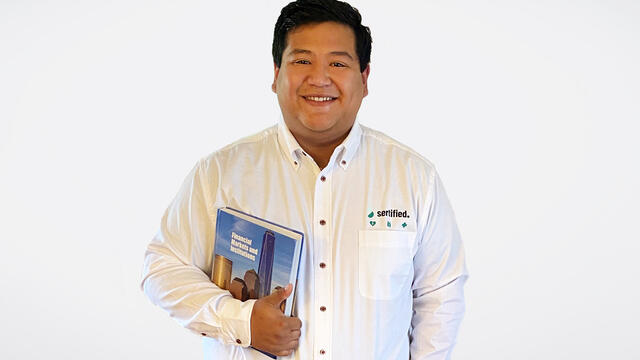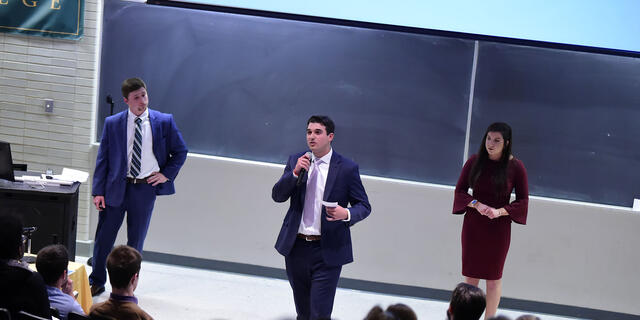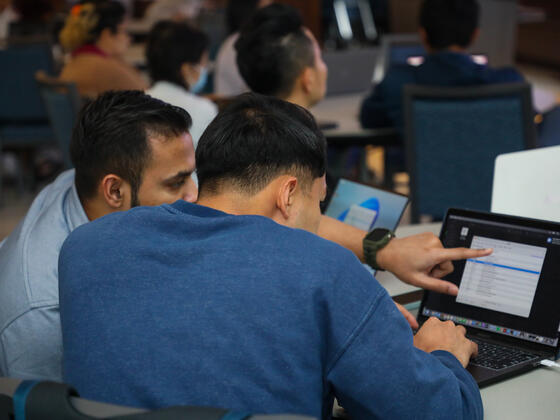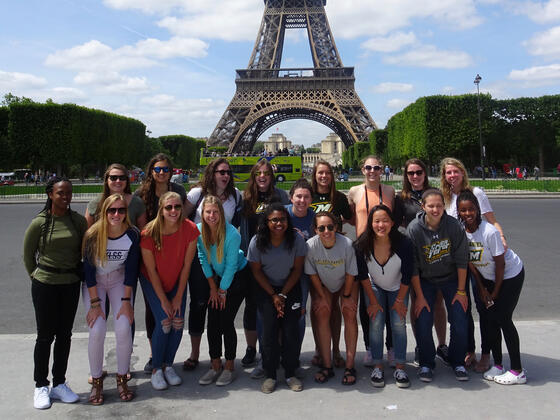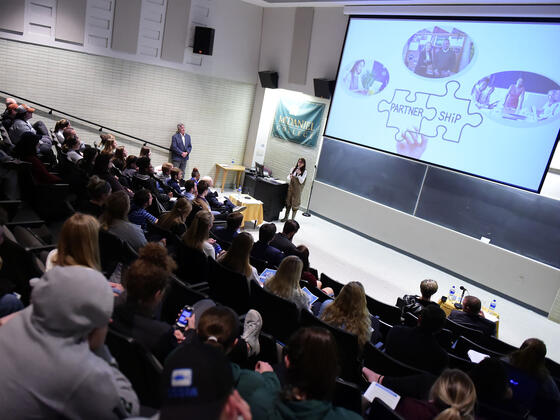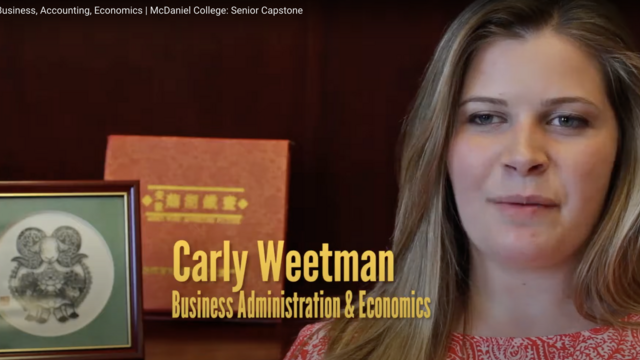Economics
Earning a bachelor's degree in economics is an important step to understanding the language of money, how it moves across the world, and how it can be used to influence decisions.
Mortarboard
Degree Types
Major, Minor, B.A./M.S. Pathway
Institution
Complementary Programs
Heart
Distinctive Requirements
Capstone
Document
Professional Preparation
Internships & Work Experience
The McDaniel Commitment in Action
